Landscapes of Accumulation
South Asia Across the Disciplines
A series edited by Muzaffar Alam, Robert Goldman, and Gauri Viswanathan Dipesh Chakrabarty, Sheldon Pollock, and Sanjay Subrahmanyam, founding editors
Funded by a grant from the Andrew W. Mellon Foundation and jointly published by the University of California Press, the University of Chicago Press, and Columbia University Press.
South Asia Across the Disciplines is a series devoted to publishing first books across a wide range of South Asian studies, including art, history, philology or textual studies, philosophy, religion, and the interpretive social sciences. Series authors all share the goal of opening up new archives and suggesting new methods and approaches, while demonstrating that South Asian scholarship can be at once deep in expertise and broad in appeal.
Recent South Asia Across the Disciplines titles:
We Were Adivasis: Aspiration in an Indian Scheduled Tribe
By Megan Moodie (Chicago)
I Too Have Some Dreams: N. M. Rashed and Modernism in Urdu Poetry
By A. Sean Pue (California)
Wombs in Labor: Transnational Commercial Surrogacy in India
by Amrita Pande (Columbia)
Voicing Subjects: Public Intimacy and Mediation in Kathmandu
Laura Kunreuther (California)
Writing Resistance: The Rhetorical Imagination of Hindi Dalit Literature
by Laura R. Brueck (Columbia)
Democracy against Development: Lower Caste Politics and Political Modernity in Postcolonial India
by Jeffery Witsoe (Chicago)
Landscapes of Accumulation
Real Estate and the Neoliberal Imagination in Contemporary India
Llerena Guiu Searle
The University of Chicago Press
Chicago and London
Llerena Guiu Searle is assistant professor of anthropology at the University of Rochester.
The University of Chicago Press, Chicago 60637
The University of Chicago Press, Ltd., London
2016 by The University of Chicago
All rights reserved. Published 2016.
Printed in the United States of America
25 24 23 22 21 20 19 18 17 16 1 2 3 4 5
ISBN-13: 978-0-226-38490-0 (cloth)
ISBN-13: 978-0-226-38506-8 (paper)
ISBN-13: 978-0-226-38523-5 (e-book)
DOI: 10.7208/chicago/9780226385235.001.0001
Library of Congress Cataloging-in-Publication Data
Names: Searle, Llerena Guiu, author.
Title: Landscapes of accumulation : real estate and the neoliberal imagination in contemporary India / Llerena Guiu Searle.
Other titles: South Asia across the disciplines.
Description: Chicago ; London : The University of Chicago Press, 2016. | Series: South Asia across the disciplines
Identifiers: LCCN 2016006711 | ISBN 9780226384900 (cloth : alk. paper) | ISBN 9780226385068 (pbk. : alk. paper) | ISBN 9780226385235 (e-book)
Subjects: LCSH : Real propertyIndia. | Economic developmentIndia. | IndiaEconomic conditions21st century.
Classification: LCC HD 876.5 . S 437 2016 | DDC 333.30954dc23 LC record available at http://lccn.loc.gov/2016006711

This paper meets the requirements of ANSI / NISO Z39.48-1992 (Permanence of Paper).
Contents
Like buildings, this book is a joint effort. Many people have made this project possible, and I am deeply grateful for all of their insight and support. I owe a deep debt of gratitude to Jeremy and all of the people at EuroFund for sharing their expertise, frustrations, and hopes with me. In a secretive, competitive industry, Jeremys generosity and open-mindedness stood out. In keeping with ethnographic tradition, I have given EuroFund employees and everyone I interviewed pseudonyms; I have also changed project details, locations, and company information so as disguise the identity of the firms EuroFund and BuildIndia. (Where an individual has been quoted or company information is available in a published source, I use the real name.) Many other people who I cannot name here spared precious time to answer my questions, connect me with their friends, take me on site visits, and shower me with housing brochures. This project would not have been possible without their willingness to share their work with me.
In India, this project benefited from conversations with and assistance from Anjali Alexander, Lalit Batra, Keya Dasgupta, Urvashi Deshpande, Swapna Doshi, Anjan Ghosh, Jayoti Gupta, Diya Mehra, Prasananshu, Swagato Sarkar, and Sudeshna Sengupta. I am grateful to Asher Ghertner and Preetha Mani for their friendship and guidance. Sheetal Chhabria has modeled for me careful scholarship and thoughtful living; she shaped my early experiences in India, and her family has generously welcomed me on numerous occasions. Her husband, Dean Accardi, was our patient roommate, and along with friends Caitlin Cox, James Hare, David Lunn, and Shashi Sinha, helped make language studies and fieldwork enjoyable. Aseem Shrivastava has helped me to understand the macroeconomic framework and sociopolitical stakes of the land grab. Reyaz Badaruddin introduced me to Delhi, and his continuing friendship has sustained me through the years. Jan Baker, Mark Kaplan, Dilip da Cunha, and Anuradha Mathur encouraged my delight in Indian aesthetics and enriched my early visits. Mike and Preethi Knowles made it possible for my husband to join me in Delhi. Prem and Abha gave me a place to stay during fieldwork, and Raka Gupta graciously took me in when I returned in 2014. Minu Das taught me how to cook, among so many other things, with a sharp wit and a warm heart; I miss her dearly.
My research was supported through grants from the National Science Foundation and the American Institute of Indian Studies. I would like to thank the staff of the AIIS in Delhi, Jaipur, Kolkata, and Chicago for their assistance with the logistics of my fieldwork and the AIIS teachers in Jaipur for their patient Hindi instruction. The Centre for Studies in Social Sciences, Calcutta, provided institutional support during my fieldwork. The University of Pennsylvania provided writing support through the Department of Anthropologys Zwicker Fund as well as through a Graduate School of Arts and Sciences Deans Summer Fellowship. I would not have been able to return to India in 2014 without generous support from the Dean of Faculty Office at Williams College.
I began this project at the University of Pennsylvania, where I had the opportunity to learn from many wonderful people. Asif Agha never failed to inspire me with his wealth of theoretical insights and profoundly original way of thinking about space. Greg Urbans interest in corporations developed parallel with mine, and, when I returned from the field, we found we had much to discuss. Ritty Lukose provided constant encouragement, made perceptive interventions, and offered sage advice. Ruth Schwartz Cowan and Robert Kohler welcomed me as an honorary member of the History and Sociology of Science Department and opened up a new world of scholarship. Jay Dautcher, Clark Erickson, and Christian Novetzke were exceedingly generous with their time and feedback. Kathy Hall has continued to mentor me long after the methods class I had with her. Fellow graduate students Melanie Dean, Kerry Dunn, Luke Fleming, Andi Johnson, Abby McGowan, and Teresa Raczek provided intellectual stimulation and emotional support. Animated late-night kitchen talks with Christy Schuetze set the foundations for my fieldwork.


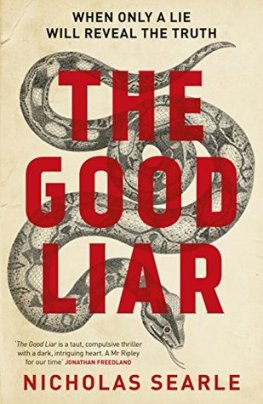

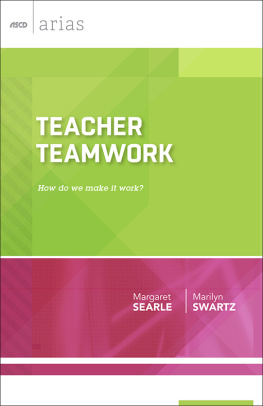
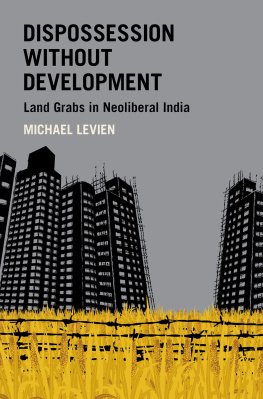
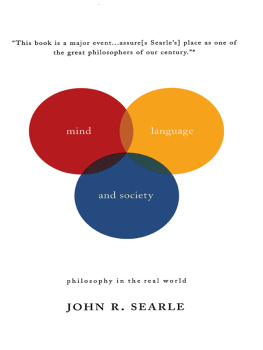
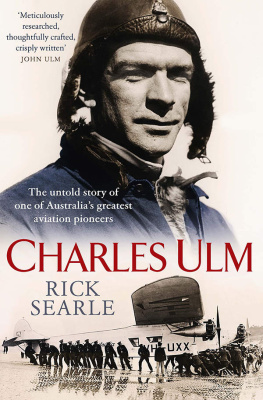
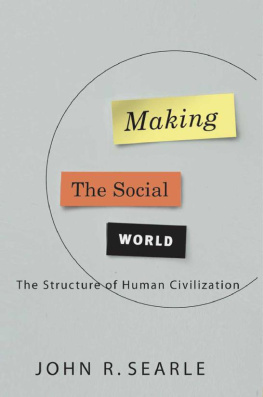
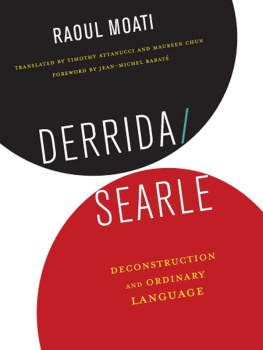

 This paper meets the requirements of ANSI / NISO Z39.48-1992 (Permanence of Paper).
This paper meets the requirements of ANSI / NISO Z39.48-1992 (Permanence of Paper).